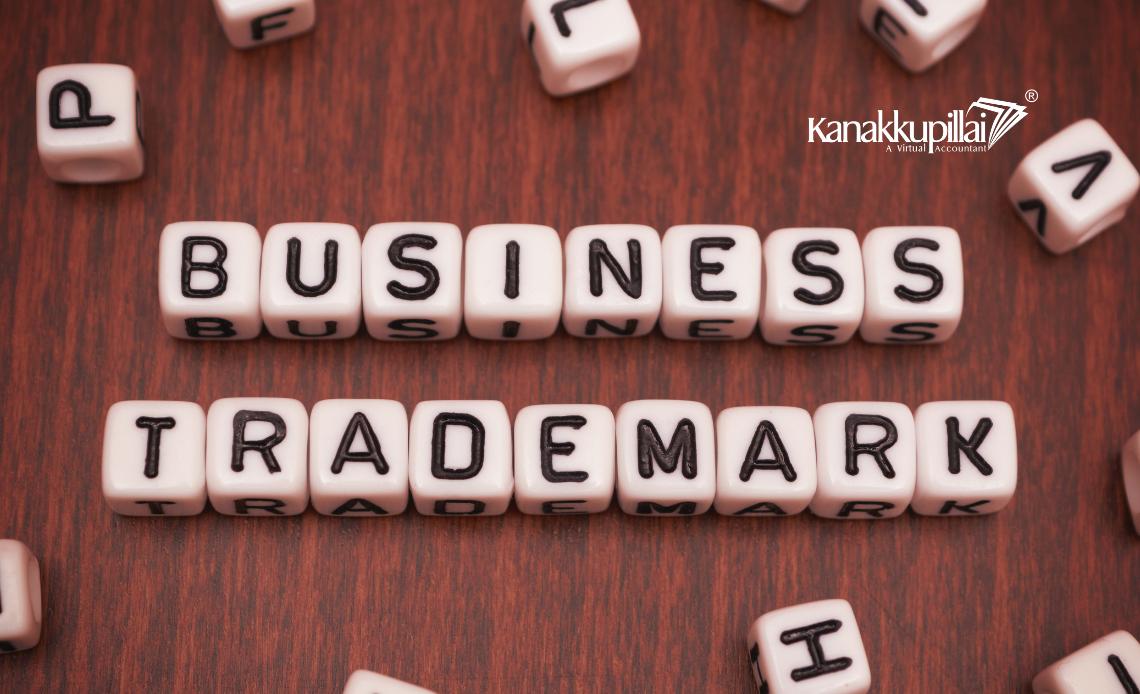A trademark is a unique symbol, phrase, word, emblem, or structure that identifies a business or product and distinguishes it from others, serving as a brand identity. Effective trademark protection is crucial for corporations because it protects their firm’s identity, prevents competitors from using identical marks, builds emblem popularity, and fosters customer loyalty, in the end contributing to business fulfilment.
Types of Trademarks in Chennai
In the lively business environment of Chennai, brands play a crucial part in identifying companies. There are various types of brands that serve specific purposes, each with its unique features and legal details. This part looks into the different types of trademarks, including word marks, colour marks, shape marks, motion marks, and sound marks.
1. Word Marks
Word marks are the most popular type of brand. They consist of distinctive words, letters, or mixtures of both, acting as a unique name for a business or its goods. In Chennai, businesses often opt for word marks that are easy to remember and spell, making them more available to consumers. These logos are flexible and can be highly effective in building brand memory.
2. Colour Marks
Colour signs are less standard but getting importance in Chennai’s business environment. These logos cover the use of specific colours associated with a brand or product. This can be especially successful in industries where colour is important to brand recall, such as drinking companies or fashion names.
3. Shape Marks
Shape marks involve the security of the unique shape or arrangement of an object. While less common, some companies in Chennai choose to protect the unique shape of their goods. This can be particularly important in businesses where the shape of a product holds inherent value, such as in the case of certain types of packing or containers.
4. Motion Marks
Motion marks are less common and are usually used in businesses where the movement or motion of a product is important to its recall. This type of brand is often used in advertising and marketing efforts to make a long impact on customers.
5. Sound Marks
Sound tags are used when a specific sound performs the goal of individually classifying the source of a product or service. In such cases, the sound is associated with a company or its goods or services. Sound marks are less common but can be highly effective in building brand recall and differentiation.
Each type of brand serves a specific purpose and requires careful consideration of law and business factors. Understanding the different types of trademarks is crucial for companies in Chennai to successfully protect their brand names and build a strong competitive edge.
Essentials of a Valid Trademark
Requirements for Trademark Registration in Chennai
For a trademark to be legal and qualified for filing in Chennai, it must be unique, not representative of the goods or services it represents, and not confusingly identical to existing trademarks. The mark should be capable of being displayed visually and must not be banned under the Trademark Act.
Principle of Distinctiveness
The concept of uniqueness is a key condition for a legal brand. The mark must be unique and capable of distinguishing the goods or services of one business from those of others. Distinctive marks can be random, imaginative, or suggestive, while specific or broad terms are usually not suitable for copyright protection.
The Spectrum of Distinctiveness
- Generic: Generic terms are the common names of goods or services and are incapable of acting as brands. They describe the goods or services themselves and cannot be protected as marks. Examples include terms like “car” for cars, which are too basic to be distinctive and are ineligible for trademark protection.
- Descriptive: Descriptive marks merely explain a product or service’s traits, contents, or characteristics. Initially, they lack natural character and are not protectable as brands. However, with time and use, they can gain extra meaning and become qualified to register. Examples include words like “Lightweight” for lightweight goods, which may gain character over time.
- Suggestive: Suggestive marks hint at a product or service’s traits, requiring customers to use thought to connect the mark with the offering. These marks are naturally unique and have a larger scope of protection than descriptive marks. Examples include “Coppertone” for sunscreen, which suggests the product’s function without directly naming it.
- Arbitrary: Arbitrary marks use popular words in unrelated ways to the goods or services they represent. They are naturally unique and receive broad protection. Examples include “Apple” for computers, where the term has no clear connection to the product, making it a strong and protectable brand.
- Fanciful: Fanciful marks are words with no actual meaning that are created solely for use as trademarks. They are naturally unique and enjoy the greatest protection. Examples include “Xerox” or “Kodak,” which are unique and have no past link with the goods they represent.
Conclusion
In conclusion, trademark registration is crucial for companies in Chennai to defend their brand names and avoid rivals from using similar marks. Effective trademark protection helps build brand recognition, customer trust, and business success. Businesses should prioritize copyright filing, carefully select unique marks, and regularly watch for possible abuse to ensure long-term brand security and success.





